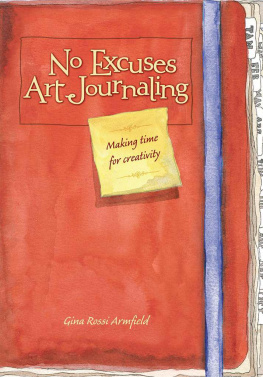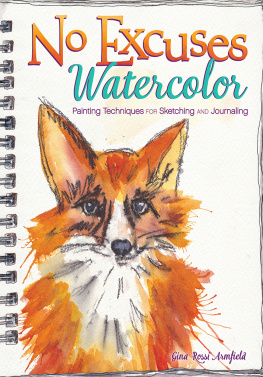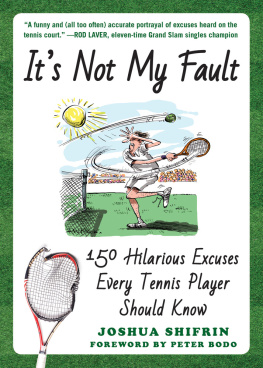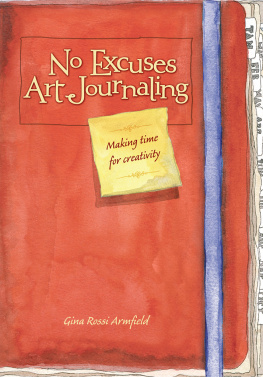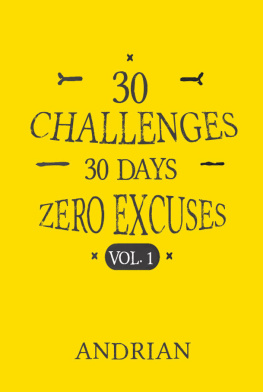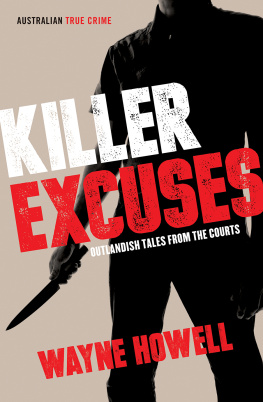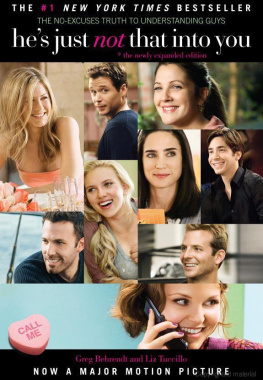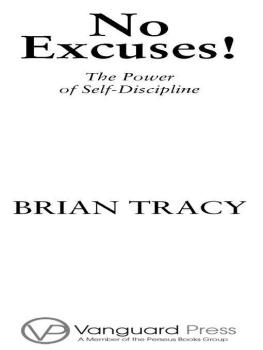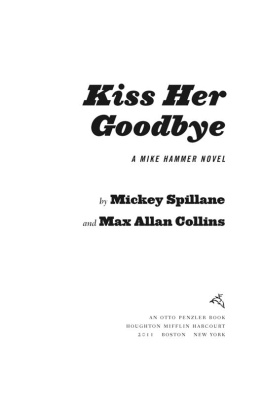Thank you for purchasing this Artist Network eBook.
Sign up for our newsletter and receive special offers, access to free content, and information on the latest new releases and must-have art resources! Plus, receive a coupon code to use on your first purchase from NorthLightShop.com for signing up.
or visit us online to sign up at
http://artistsnetwork.com/ebook-promo
Contents
What You Need
2B pencil
Absorbent ground
Circle punch
Colored pencils
Computer printer
Craft knife
Digital camera
Dip pen
Double-sided tape dispenser
Ephemera: envelopes, magazine pages, stickers, tickets, receipts, etc.
Eraser
Fountain pen
Glue stick
Hair dryer
Large day planner
Markers
Matte photo paper
Metal ruler
Photo program/computer
Sakura Pigma Micron Pens, sizes .005 and .01
Scissors
Sharpie marker
Speedball linoleum cutters
Speedy-Cut carving blocks
Sponges
Spray bottle
Tracing paper
Washi tape
Watercolor paintbrushes
Watercolor paints, variety
Watercolor paper, hot or cold press
Watercolor pencils
Waterproof ink
Waterproof ink pad
Waterproof ink pens and markers in a variety of colors and sizes
Introduction
I have taught art for years, and the biggest complaints I hear are I dont have any time to create! or Im just not the artistic type; Im not a creative person! Well, I believe we are all creative beings; we just need to unlock that part of our brains. Expressing ourselves creatively reduces stress and helps us see the world differently. Its a way of seeing color, lines, textures and patterns.
I am a busy artist and the mom of two boys, so I know what its like to need more time in the day. I decided to come up with a method where people could express themselves creatively, whether they had five minutes or five hours.
A desk diary is used as the basis of an art journal to capture the moments in your days. This allows you to write down your schedule, journal your thoughts, capture glimpses that inspire you and document your life.
In , youll learn about all the materials youll need, taking into account your personal style.
is where youll set up your journal for the whole year so youll always be ready to art journal.
shows you how to add your own signature style to your journal.
In , you will discover ways to draw, use pen and ink, collage and watercolor. This will give you the skills and techniques you need to complete monthly, weekly and daily prompts.
has twelve sections, one for each month. In those sections, you will find myriad resources and unlimited inspiration from quotes to prompts to project ideas for each month, week and day.
This book will become your creative biblea well-spring to return to on a regular basis when you need a little something more. Whether you have never picked up a paintbrush or you are a seasoned artist, this method will lead you on a path to creativity. Everyone has five minutes, so if you have the desire, you have No Excuses!
CHAPTER 1
Finding Your Comfort Zone
To begin, you need to know what you like and what makes you feel comfortable creatively. I ask students to answer a few questions to pinpoint what their likes are. Sometimes we are so out of touch that we dont know what we like. You need to ask yourself, Am I a person who likes bold colors or neutral tones? Am I attracted to antiques and vintage items, or do I like clean lines and contemporary forms? What are the main colors in my wardrobe? and even What colors/designs do I hate? Another easy way to narrow it down is to sit with a stack of magazines and rip out pages that call to you, even if youre not sure why. I bet that you will find a pattern!
After you know what you like, you can apply that to the materials you choose to use in your journal. Do you like the saturated intensity of markers? And if so, what kind feels best in your hand? Thin, thick, brush tip, chisel tip? Do you like the soft texture of colored pencils? The luminosity of watercolors? Do you like to draw in pencil or pen? These are things that you may already know, or they may come to you over time by experimenting. And that is not to say that your tastes wont change or you wont find a new color or product that you love. Go to an art store and try things out. In most places you can try out pens and pencils, get a feel for the way a brush feels in your hand or evaluate the weight and texture of a piece of paper. Experiment and play! Find what makes you feel comfortable!
COMFORT ZONE QUESTIONNAIRE
When filling out the following questionnaire, write down the first answer that pops into your head!
Whats your favorite color?
What color do you hate?
What color do you wear the most?
Do you favor patterns or solid colors?
What style is your home? (eclectic, modern, vintage, shabby chic)
Do you print or write in cursive when given the choice?
What color is the car you drive?
What magazines do you read?
What blogs/websites do you visit most often?
List three words that describe you.
Who is your favorite author, or what is your favorite book?
What is your favorite poem, or who is your favorite poet?
What kind of music do you listen to?
What is your favorite number?
If you could visit or live anywhere, where would that be?
What is your favorite animal?
MATERIALS

All materials are not created equally. Sometimes an inexpensive brand works just as well as one that costs twice as much. You will learn on a tried-and-true basis what works for you and what doesnt. That being said, some materials are worth what you pay for themwatercolor brushes and watercolor paints.
When it comes to brushes, it is worth investing in high-quality sable hair paintbrushes. They will last forever if you take care of them. If I had to purchase one brush, it would be a fine-tipped, fat-bellied, round no. 6. This brush can fulfill a variety of needs.
When it comes to watercolor paints there is also a huge difference in the quality. If you find that you really love watercolors, purchasing an enamel pan of twenty-four to forty-eight colors of half pans will take you a long way. The difference in paint is that the cheaper paints use more chalk binders and less pigment, whereas the artist-grade paints use less binders and have more saturated pigments. Materials are like tastes in musiceveryone has their own favorite.

